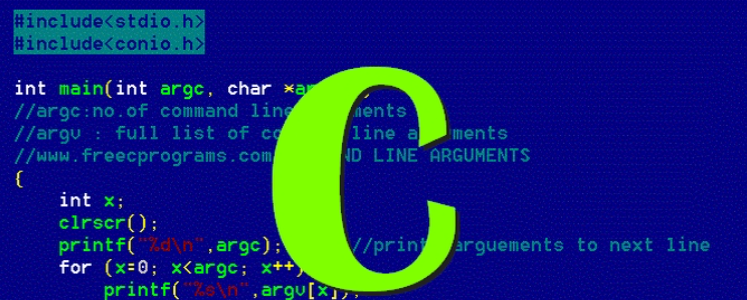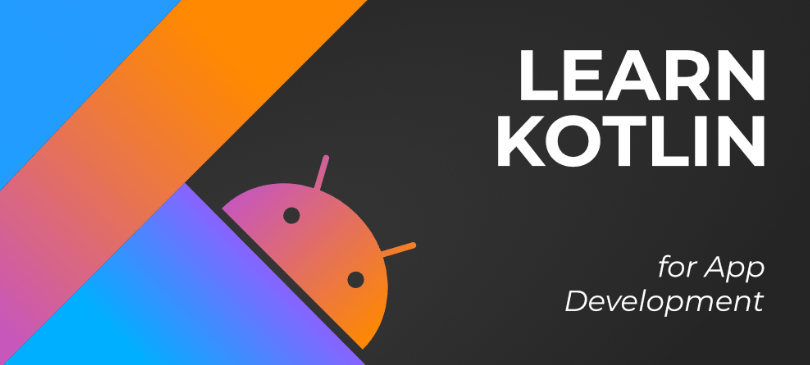Conquer Coding : 2024's Top 10 Object Oriented Programming Languages to Rule Your Tech Realm

In 2024, the possibilities of coding are broad and ever-changing, making it an exciting path to embark on. This quest focuses on studying Object Oriented Programming (OOP), where languages guide you into unexplored software development territory. In this exhilarating adventure, we reveal the top 10 Object Oriented Programming languages that will guide you to expertise and technical supremacy.


What are Object-Oriented Programming (OOP) languages?
Object-Oriented Programming (OOP) languages constitute a paradigm within software development that revolves around the core concept of “objects.” These objects, serving as instances of classes, function as detailed blueprints outlining both their structure and behaviour. The foundation of OOP rests on four fundamental principles:
- Encapsulation: Objects possess the ability to maintain the privacy of their state within a class, creating a controlled and encapsulated environment.
- Abstraction: Objects selectively reveal pertinent operations, facilitating interactions with other objects in a manner that simplifies intricate systems. This abstraction streamlines the understanding of complex processes.
- Inheritance: The inheritance concept permits child classes to be derived from parent classes. This approach allows borrowing fields and methods from parent classes, increasing code reuse and hierarchical structure.
- Polymorphism: Polymorphic objects may take on several shapes depending on their surroundings. This dynamic adaptability increases program flexibility.
Advantages :
The adoption of OOP provides various advantages:
-
- Improved Code Readability: OOP’s structure makes code more readable and understandable.
- Modularity: OOP lets developers separate complicated systems into manageable, independent modules, simplifying development and maintenance.
- Code Reusability: The inheritance concept reduces duplication and speeds up software development by allowing code reuse.
- Scalability: OOP allows scalable development, allowing software to adapt to changing project needs and last longer.
OOP’s organised and efficient code maintenance structure encourages development team cooperation. Developers may collaborate and understand the codebase in this environment. As the dominant programming paradigm, OOP languages continue to shape software development. Their ideas and advantages help build durable, maintainable, and scalable software.

Top 10 Object-Oriented Programming Languages to Learn in 2024
Explore the top 10 object-oriented programming languages that will influence 2024. Each language has strengths, from Java’s durability to Python’s versatility, offering intriguing chances and stimulating learning. We will examine the terrain, decipher its capabilities, and help you choose a language that matches your coding goals.
Java: The Steadfast Giant
Java, akin to a seasoned veteran in the OOP landscape, stands resolute like an ancient oak. Renowned for robust features, an extensive library ecosystem, and unparalleled community support, Java remains a perennial choice for those seeking enduring career stability. Java’s influence extends far and wide from towering enterprise applications driven by frameworks like Spring and Hibernate to the nuanced choreography of web services. While its syntax may seem verbose compared to newer counterparts, Java’s well-trodden path and abundant learning resources render it accessible to both novices and seasoned developers.
Python: The Multifaceted Polymath
Python’s deceiving simplicity is charming. Python is popular among beginners and experts because of its beautiful syntax and easy learning curve. Its versatility spans web development, data science, machine learning, scripting, and automation, offering diverse career trajectories for the curious coder. Frameworks like Django and Flask work magic in the web domain, while libraries like NumPy and Pandas transform Python into a scientific powerhouse. Whether crafting a web scraper, finding hidden data patterns, or automating tasks for efficiency, Python adapts to the developer’s whims.


C# shines within the Microsoft domain, seamlessly harmonizing with its tools and frameworks. Its object-oriented features feel intuitive, and its syntax bears a familiar resemblance to Java, making it approachable for experienced developers. C# harnesses its power to craft desktop applications, web services through ASP.NET, and mobile apps pirouetting on Xamarin. Its tight integration with Unity, the game engine playground, positions it as a preferred choice for aspiring game developers. While familiarity with the Microsoft ecosystem eases entry, C#’s robust community and extensive resources welcome newcomers seeking stability and lucrative career prospects.
JavaScript: The Pervasive Architect of the Web
JavaScript transcends its origins as a browser-centric language, evolving with Node.js to conquer server-side realms. Frameworks like React, Angular, and Vue.js use JavaScript to create captivating online interfaces. SPAs and PWAs solidify JavaScript’s web dominance. Its ubiquity, coupled with dynamic tools and constant evolution, positions JavaScript as an indispensable skill for web developers and beyond.
Also, read Top 10 Short Term Courses after 12th

Swift: The Apple Aficionado’s Delight
For those enamored with the sleek rhythm of iOS and macOS development, Swift emerges as the language of choice. Apple’s modern and clean language dethrones Objective-C, offering robust object-oriented features and an intuitive syntax akin to a Californian highway’s smoothness. Interactive playgrounds facilitate engaging learning experiences, while Xcode, Apple’s integrated development environment, provides a seamless stage for coding symphonies. With the burgeoning mobile app market and Apple’s unwavering commitment to Swift, mastery of this language unlocks exciting opportunities in the mobile development panorama.
C++: The Powerhouse of Performance
C++, although not strictly object-oriented, bestows fine-grained control and unparalleled performance, courtesy of its proximity to machine code’s raw potency. This makes C++ the undisputed monarch of high-performance computing, steering applications in the adrenaline-pumping realm of gaming, the visually stunning domain of graphics, intricate simulations pushing scientific boundaries, and embedded systems humming beneath our technological surface. Despite its complexity and steep learning curve, mastering C++ imparts a profound understanding of computer architecture and low-level programming—an invaluable asset for those venturing into performance-critical domains.

Kotlin, the new kid on the JVM block, swiftly secured a prominent role in the Android development arena. With conciseness and interoperability with Java, coupled with a focus on safety and null safety, Kotlin becomes a developer’s delight. Frameworks like Compose and Ktor unlock potential, facilitating the creation of smooth and efficient Android apps. While Java maintains its established reign, Kotlin’s meteoric rise and Google’s robust support mark it as a language worth mastering for the future of Android app development.
Go: The Concurrency Connoisseur
Go, with its lightweight structure and emphasis on simplicity, champions the art of concurrency. Built-in concurrency primitives like goroutines and channels empower programmers to craft highly concurrent and performant code with grace. This positions Go as a perfect fit for building efficient web services, cloud applications, and distributed systems. Swift compilation times and a growing library ecosystem add to its allure. For those venturing into concurrent programming and modern distributed systems, Go stands as a language worthy of consideration.
PHP: The Resurgent Web Veteran
PHP, often underestimated, is undergoing a renaissance, embracing frameworks like Laravel and Symfony to deliver a robust and modern development experience. Its open-source nature, platform independence, user-friendly features, and ample library support make it a rapid prototyping champion. Integration with CMS platforms like WordPress cements its relevance in the dynamic world of web development. For those seeking a language with a rich history and vibrant community, PHP remains a viable and versatile option for web developers.

Ruby, paired with its influential framework, Rails, offers a unique and developer-friendly experience. Emphasizing code clarity and convention over configuration, Ruby stands as a language that makes writing and maintaining code a joyous endeavour. Rails, celebrated for its “magic” features and rapid development capabilities, enables programmers to construct intricate web applications with remarkable speed. While the Ruby community may be smaller than some counterparts, their passion and dedication to creating elegant and user-friendly code make Ruby a distinctive and rewarding language to explore.
Final Note
As we conclude our review of 2024’s top Object-Oriented Programming languages, remember that mastering coding is about unlocking new worlds with these languages. Each language opens doors to new ideas and inventions. Fellow developers, may your lines of code be beautiful, your debugging speedy, and your tech sphere eternally dominated by OOP. Let the adventure continue after conquering coding!






